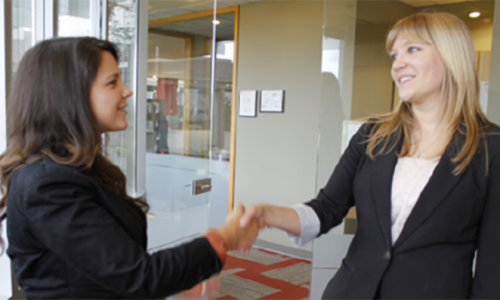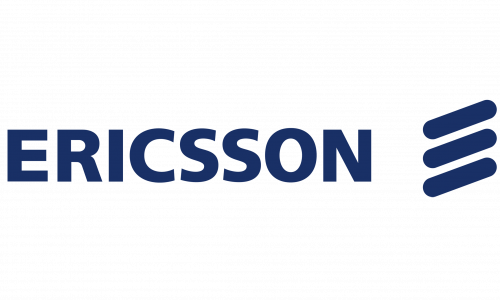EAL/ESL
Welcome!
It is important to develop skills, knowledge, and competencies to aid your readiness for employment. This web page is dedicated to housing resources that will help you get ready for employment in the Canadian context. You will also find stories from students like you to give you a better sense of how to navigate the Canadian workplace!
Featured Videos
Featured Infographics
Featured Blogs
If you are an international student struggling with language and culture barriers in Canada, you are not alone. Liu Siyu, is a fourth-year international student here to share her stories about study, work, and career.
Communication and interaction are fundamental parts of everyday life and a person’s ability to communicate and interact has a major impact on their well-being, happiness, and success. In this post, Akanksha shares her own experiences at the intersection of culture and communication.
Kelly shares how her experience with SFU YWIB helped her in her career. Find out what 5 lessons she learned, and what lessons you should know!
You can sell yourself in person, but your resume has to get you there.
Whether you’re pursuing a career in writing or not, excellent writing and communication skills are often at the top of the list for job qualifications. Here are five simple steps to drastically improve your writing and set yourself apart from other applicants in a highly competative job market.
Being a Communication major, people tend to automatically assume you have this gargantuan, larger than life personality, and that you’re just a natural people-person. But what about those of us who are, what some might call, introverts?
You have an excellent layout and consistent format to your resume. Your design elements are eye catching while still being subtle and appropriate for the job. All of this will be of no use if your content is not reflective of someone who has taken the time to fully explain his or her skills and experiences.
Email communication is a critical skill in many jobs. Business student Helen Bowman shares tips on how to efficiently and effectively communicate through email, based on what she learned during her co-op at SAP.
“ALWAYS do research on the company you are interviewing with.”
At first, the news was so devastating and heartbreaking ...
Learning how to effectively communicate in a new work environment can be difficult enough, but add a language barrier and things get even more complicated. Here are Julia's top tips for overcoming language barriers in the workplace.
Whether it is one or two pages, everything from content to design of the resume should be in harmony, enabling you to showcase the great skills you have to offer.
Everyone has weaknesses. But its focusing on your strengths that grant you success in life.
Interviewstream has compiled a database of extremely relevant questions, similar if not identical to what professionals would ask you.
Feeling nervous or unqualified as you apply for a job? Struggling to set yourself apart? Learn how to deconstruct the job description so that you can feel comfortable marketing yourself in your cover letter!
While it may take a while to master it, keep working on your cover letters and continue to try new things. Writing cover letters is an art -- the only way to get good at them is through practice.
Your resume represents many things. It is a slice of your life that highlights to an employer the most relevant things you’ve done, experiences you’re proud of, and the skills you’ve acquired. Still, writing one can be tough! Fortunately, there's one thing that can help you write an amazing resume: the job posting!
The Co-op advisors at SFU are in the unique position of hearing from both employers and students about what makes a successful work term. Paulette Johnston has a list of ten simple ways to get off on the right foot.
Interested in International Opportunities? SFU has many ways to get involved regarding volunteering, co-ops and mentorships. Read on to discover the many ways you can gain international experience while at SFU.
Bomee Hwang is a Business student and just completed three co-op terms at Ericsson where she worked in the Human Resources Department. She shares her thoughtful observations about Human Resources in her co-op reflection.






























